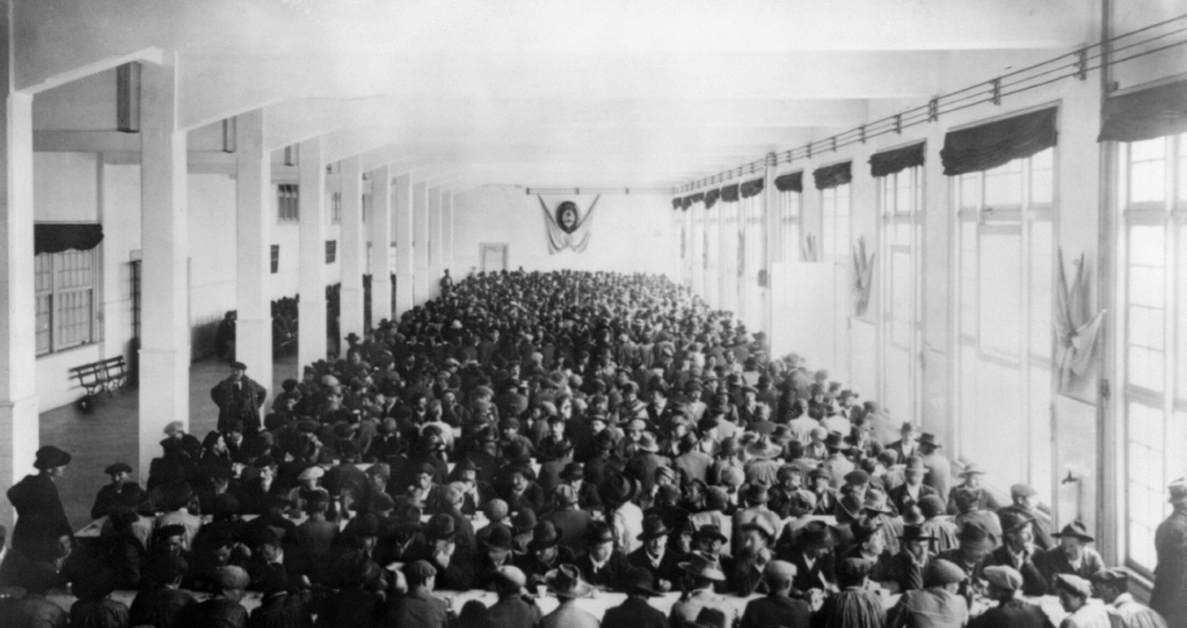
Assam Repeals Colonial-Era Law Allowing Child Marriage Among Muslims
In a significant move, the Indian state of Assam has repealed a controversial colonial-era law that permitted child marriage among Muslims. The Muslim Marriage and Divorce Registration Act of 1935, which allowed marriage registration even if the bride and groom had not reached the legal ages of 18 and 21, has been struck down, effective immediately from Saturday.
Background and Context
India, despite having a uniform criminal code, follows personal laws that govern issues like marriage, divorce, adoption, and inheritance, varying between religious groups. These laws are often based on cultural practices and traditions. The move by the Assam state government to repeal the 1935 law comes amidst a broader debate in India over the implementation of a Uniform Civil Code, which would standardize personal laws across all religions.
Implications and Criticisms
The repeal of the colonial-era law has sparked both support and criticism. Supporters, including members of the ruling Bharatiya Janata Party (BJP), view it as a step towards eradicating child marriage and achieving a Uniform Civil Code. Critics, however, argue that the move could disproportionately affect minority religions and is a political strategy to polarize voters ahead of the general election.
Political and Social Dynamics
The BJP, which is in power in Assam and at the national level, has been advocating for a Uniform Civil Code. The party sees the repeal of the law as a positive step towards this goal. However, opposition leaders, particularly those representing Muslim interests, have criticized the move as discriminatory and aimed at targeting the Muslim community.
Future Steps and Controversies
The Assam government has indicated that it is also considering banning polygamy in the state, making it a criminal offense. Chief Minister Himanta Biswa Sarma has been vocal about his opposition to polygamy, which is permitted under Muslim personal laws. The government’s plans to implement a Uniform Civil Code before the general elections have been met with skepticism, with Sarma stating that it will not happen immediately.
Conclusion
The repeal of the colonial-era law by the Assam government marks a significant development in the ongoing debate over personal laws in India. While it is seen as a step towards gender equality and the eradication of harmful practices like child marriage, it has also raised concerns about the impact on minority communities and the broader implications for religious freedoms in the country. The Assam government’s future steps, particularly regarding the implementation of a Uniform Civil Code, will be closely watched as the state prepares for the upcoming general election.





